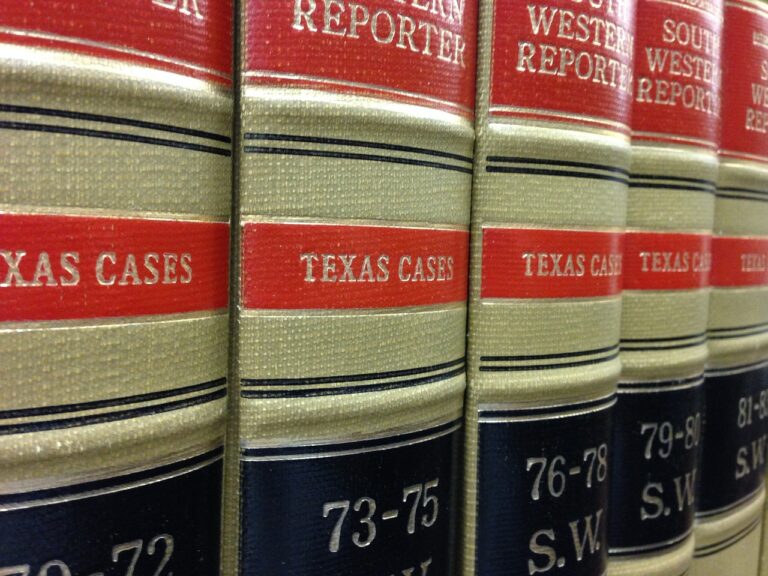Addressing Social Justice Issues Through History Education Content: My 99 exch, Laser book 247 com registration, Yolo247 club login
my 99 exch, laser book 247 com registration, yolo247 club login: Education is more than just teaching students about facts and figures. It is about preparing them to be informed, empathetic, and active members of society. One way to address social justice issues through education is by incorporating historical content into the curriculum.
By delving into the past, students can gain a deeper understanding of the root causes of social injustices and inequalities that persist today. Through history education, students can learn about the struggles and triumphs of marginalized communities, the impact of systemic oppression, and the ways in which individuals and groups have fought for social change.
Here are some key ways in which history education can be used to address social justice issues:
Examining the Context of Social Injustices: History education provides students with the context needed to understand the complex historical forces that have shaped our society. By studying the historical roots of social injustices, students can better grasp the interconnectedness of past and present issues.
Exploring Diverse Perspectives: History education can help students explore diverse perspectives and voices that have been historically marginalized. By learning about the experiences of different groups, students can develop a more nuanced understanding of social justice issues and the importance of equity and inclusion.
Analyzing the Impact of Historical Events: By analyzing the impact of key historical events on communities, students can learn about the lasting effects of systemic oppression and discrimination. Understanding the consequences of past actions can help students develop empathy and a sense of responsibility for addressing social injustices.
Highlighting Change Agents: History education can spotlight the contributions of change agents who have fought for social justice throughout history. By learning about the actions of individuals and groups who have challenged the status quo, students can be inspired to take action in their own lives and communities.
Discussing Controversial Topics: History education can provide a safe space for students to engage in discussions about controversial topics such as racism, colonialism, and gender inequality. By creating a supportive environment for dialogue and debate, educators can help students develop critical thinking skills and empathy for others.
Promoting Civic Engagement: History education can empower students to become informed and active citizens who are committed to promoting social justice. By encouraging students to critically examine historical events and their implications, educators can cultivate a sense of agency and responsibility for creating a more just and equitable society.
In conclusion, history education plays a crucial role in addressing social justice issues by providing students with the knowledge, skills, and perspectives needed to understand and confront systemic inequalities. By incorporating historical content into the curriculum, educators can help students develop a deep appreciation for the struggles and triumphs of marginalized communities and inspire them to become agents of change in their own right.
FAQs
Q: How can history education help students develop empathy?
A: History education exposes students to diverse perspectives and experiences, fostering empathy and understanding for others.
Q: How can educators create a supportive environment for discussing controversial topics?
A: Educators can establish ground rules for respectful dialogue, encourage active listening, and provide resources for students to learn more about sensitive issues.
Q: What are some strategies for incorporating social justice issues into history education?
A: Educators can use primary sources, literature, films, and guest speakers to explore social justice issues in a historical context.
Q: How can history education promote civic engagement among students?
A: By encouraging students to critically analyze historical events and their implications, educators can inspire students to take action in their communities and advocate for social justice.







